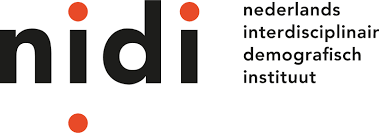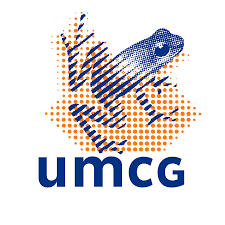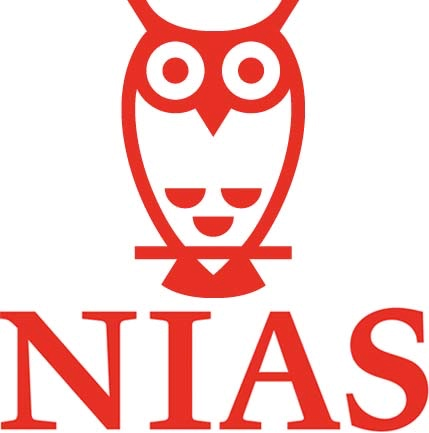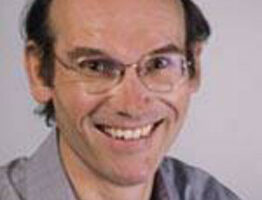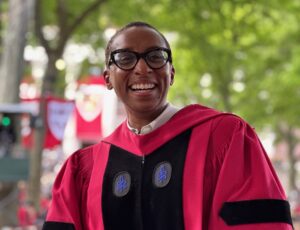About the workshop
In the workshop, we aim to increase our understanding of mechanisms producing health inequalities. There is a strong relation between socio-economic position (SEP), health behaviours, and health outcomes but causal pathways are hard to disentangle. Social causation theories suggest that SEP drives changes in health behaviours that later have health consequences.
We will examine what the impact is over time of selected life course transitions that affect SEP and health behaviours, including marriage, family composition, employment, and retirement.
Find the programme (PDF) here: Programme NIAS-NIDI Workshop
Public talk: The Holomodor & Health Heritage
On Wednesday 25 January, we continue the conversation with a public talk at SPUI25. During this talk, we explore the long term health effects of was and humanitarian crises, with a special focus on the Holomodor.
Speakers are Bertie Lumey, Nataliia Levchuck, and Oleh Wolowyna. This programme is moderated by Anne-Lise Bobeldijk.
More information and registration via this link.

Collaboration NIAS, NIDI and UMCG
This workshop is made possible thanks to the joint grant by NIAS, the Netherlands Interdisciplinary Demographic Institute (NIDI) and the University Medical Center Groningen (UMCG) to unravel causation and selection in health behaviours. They were awarded a 500.000 euro grant to increase our understanding of the mechanisms producing health inequalities. The grant is provided by the Royal Netherlands Academy of Arts and Sciences to strengthen research ties between its institutes.
The grant is awarded to this project because of its scientific innovativeness, and its strong societal implications. Whether selection or causation is the main factor behind health differences has major implications for designing effective health policies.
